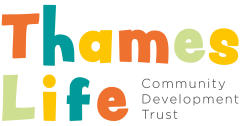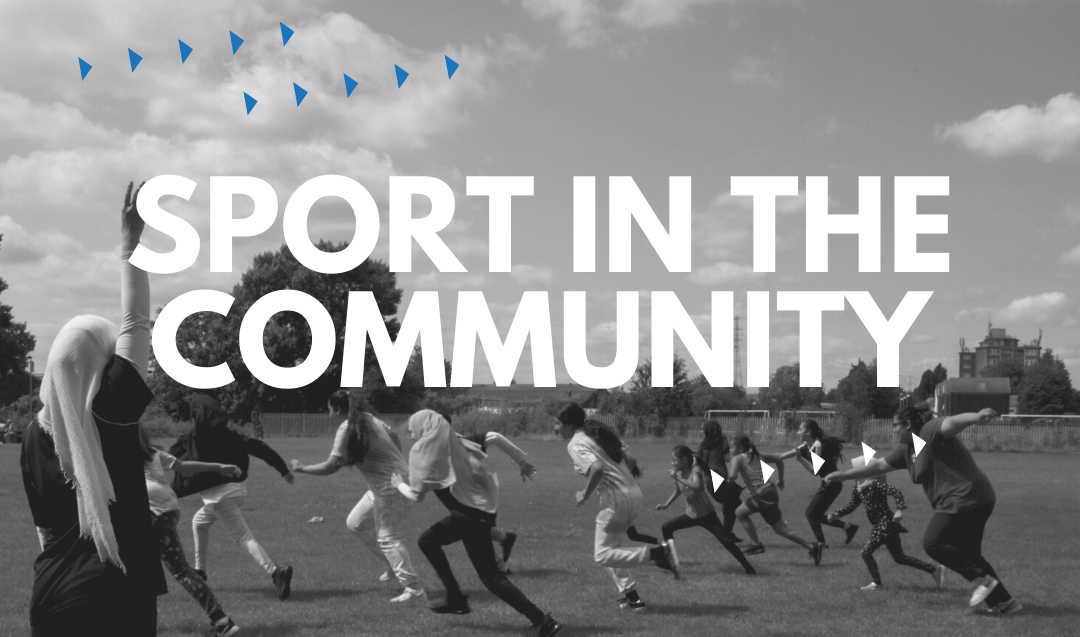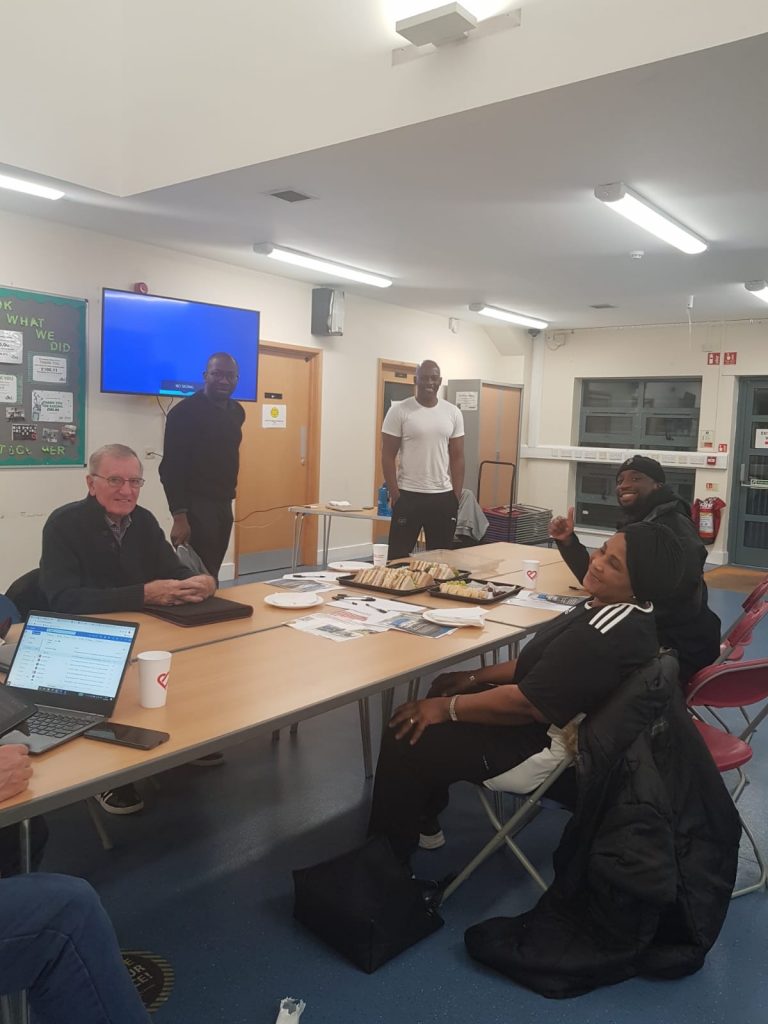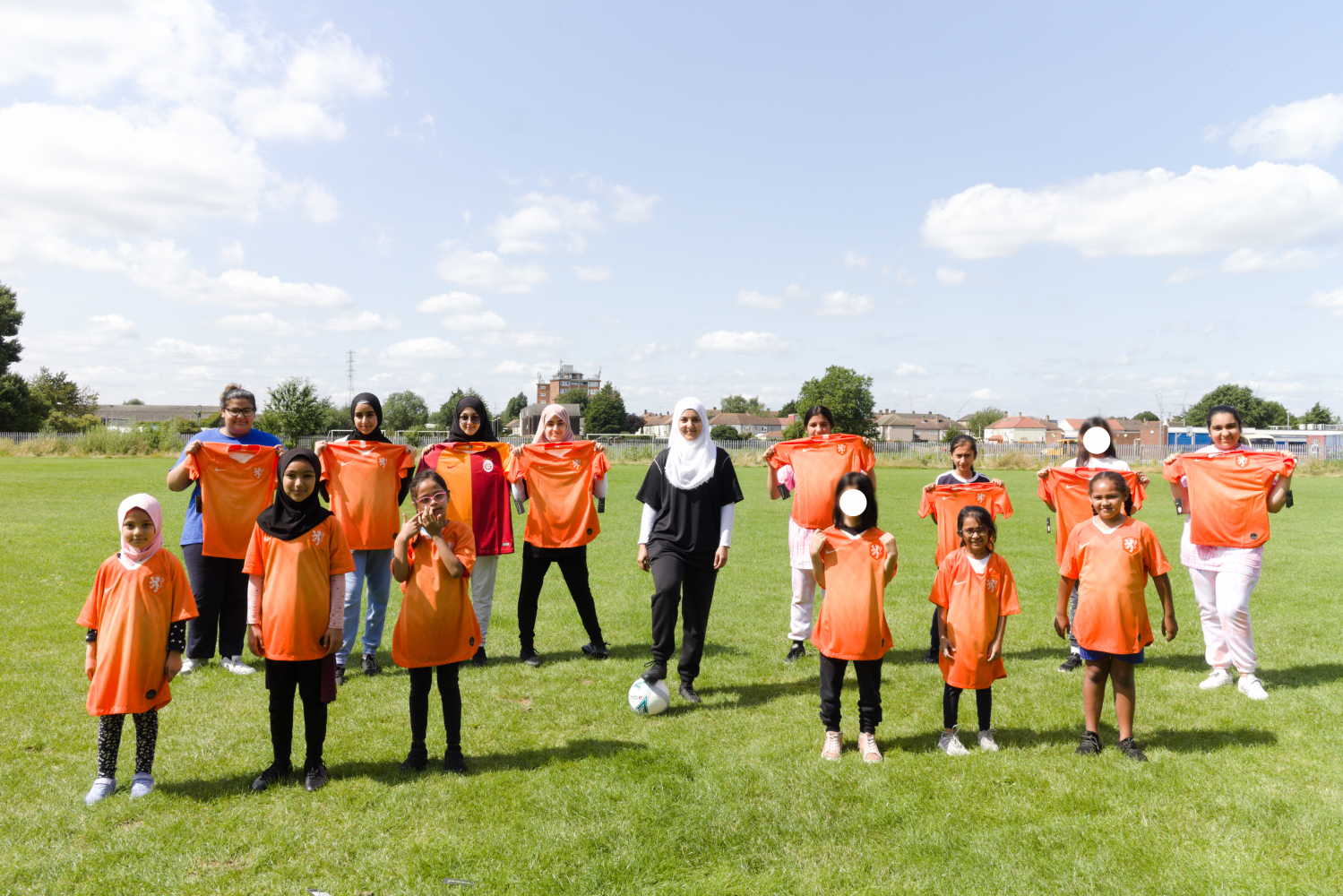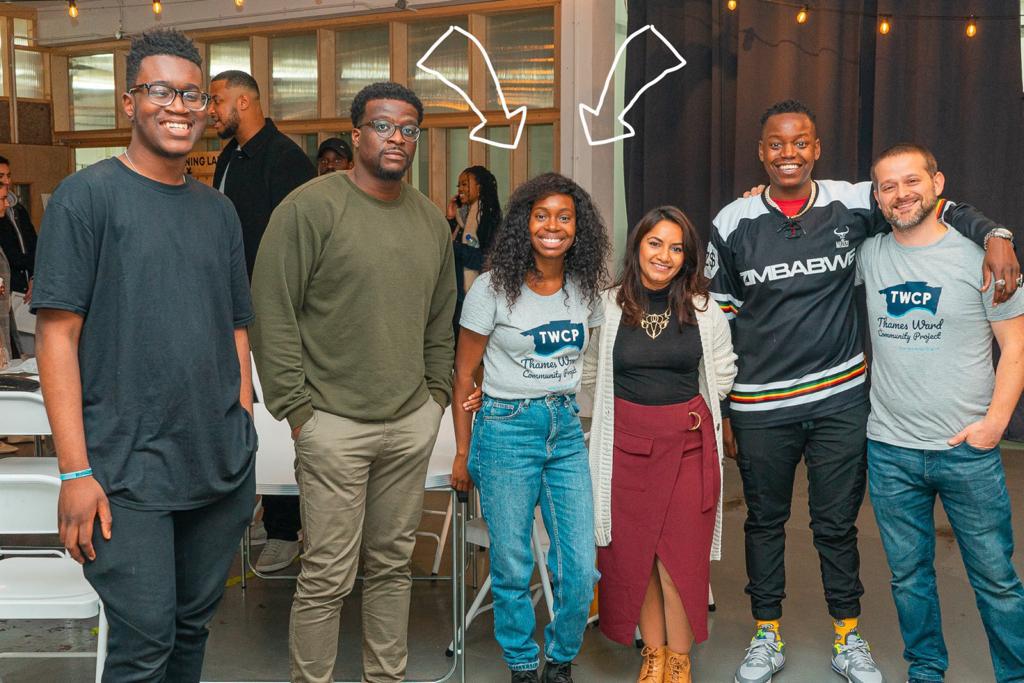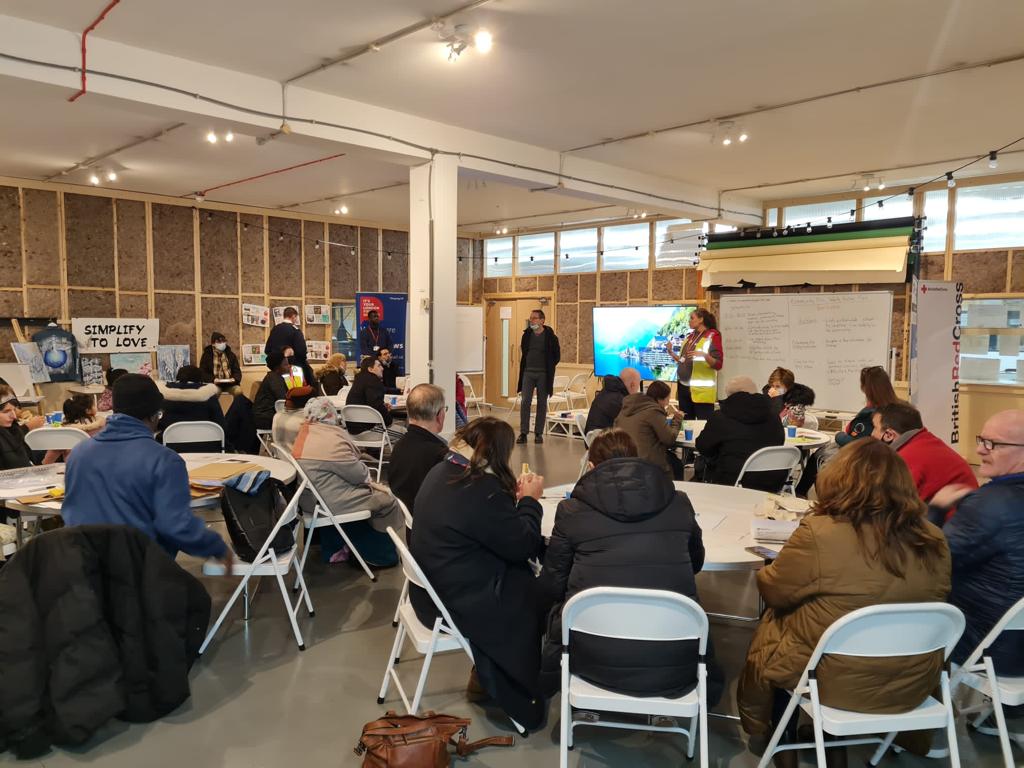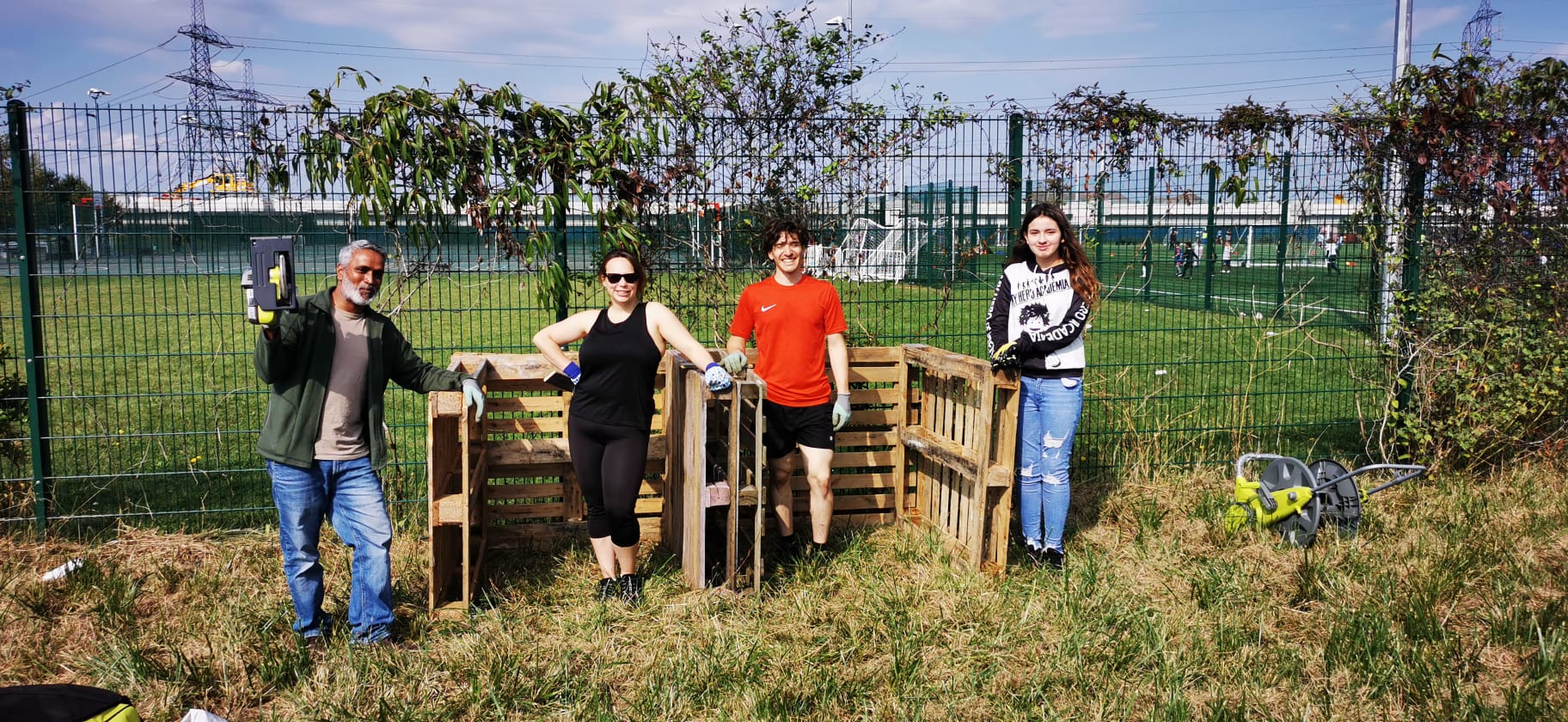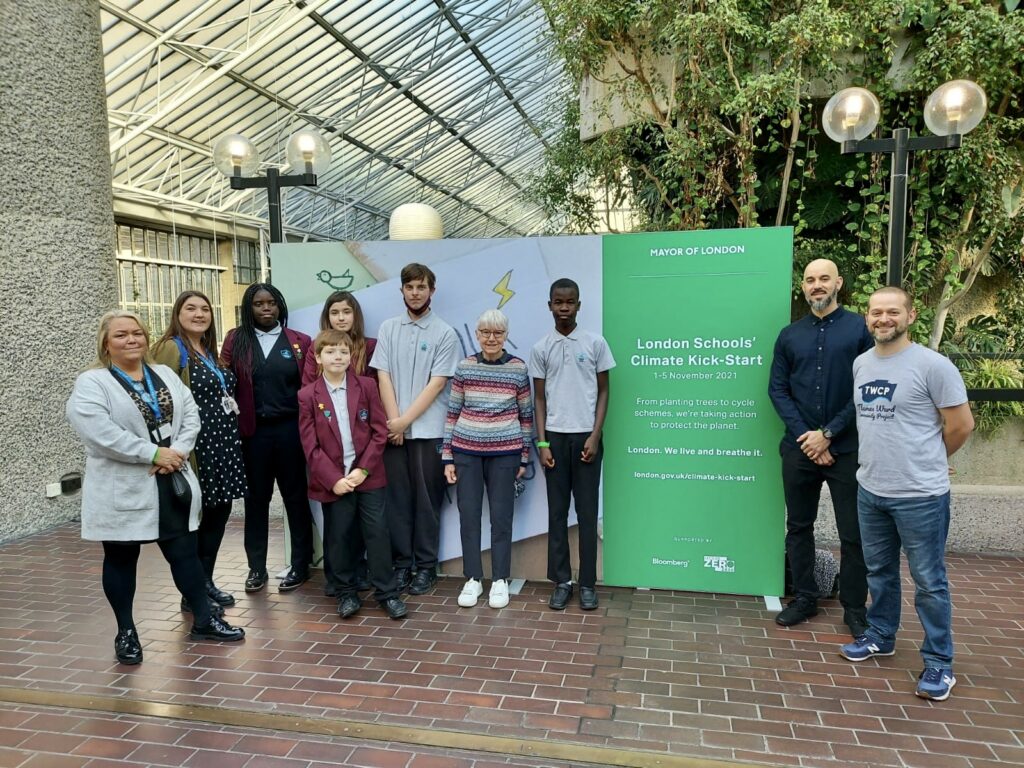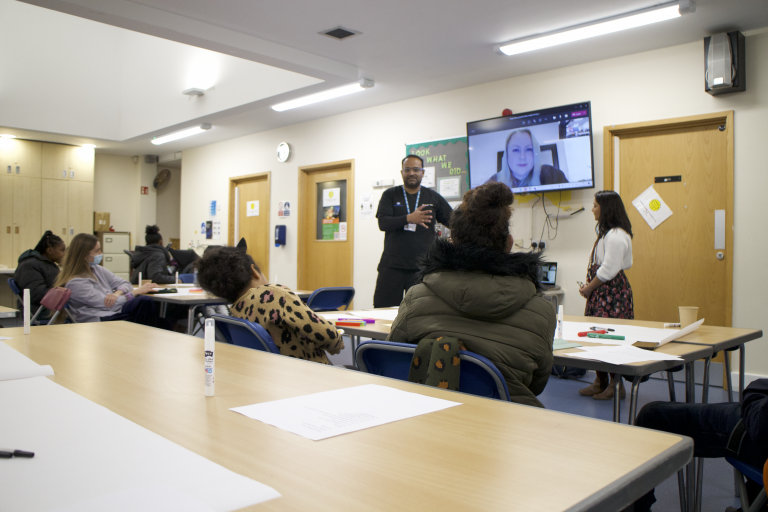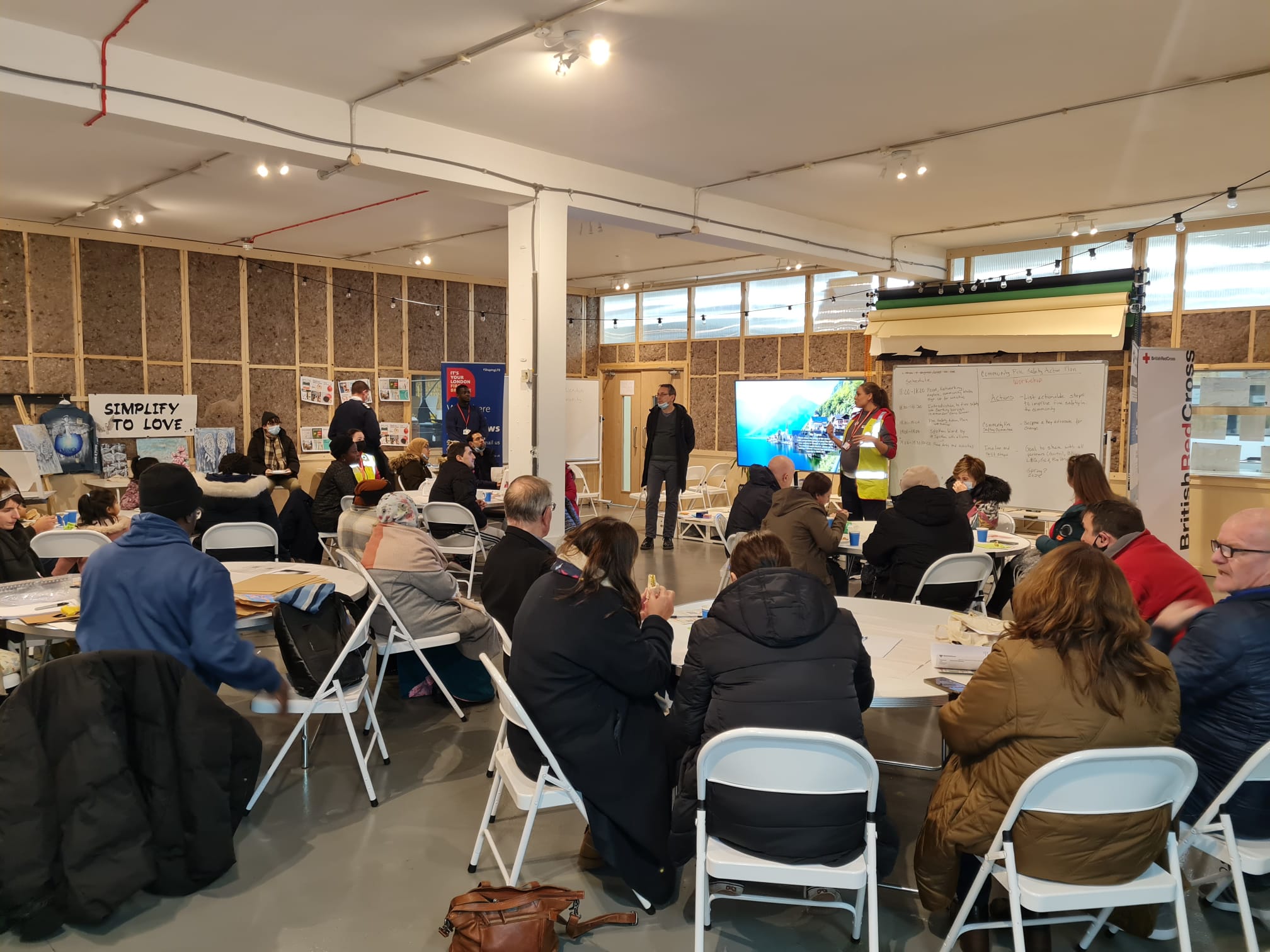The pandemic has forced many of us to become isolated but as things have opened up the importance of meeting in-person has become even clearer and pertinent to our health and wellbeing.
The Wellbeing Navigator programme is a network of local volunteers based in the community who can help residents on their health and wellbeing journey. The volunteers support local residents through signposting and referrals to community activities and have recently partnered with community groups to engage residents.
The joint Wellbeing Navigators and Roding Rubbish litter picking event on January 30th 2022, was a great opportunity for local people to experience the health benefits of outdoor community work and socialising, tackling wellness in an exceedingly positive way. People met at the skatepark in Ripple Greenway. Steven Champion from Roding Rubbish made an announcement to sum up its purpose – that simply being outside and speaking to friendly people could be a simple cure for anxiety and low mood, reaffirming the need for us all to have a community group we belong to.
As volunteers removed rubbish lodged in hedges with ‘grabbers’ next to others, they found themselves socialising with each other. There were smiles all round. Local passers-by thanked volunteers for tidying up the neighbourhood as they were on their way to the shops or walking their dogs – leaving volunteers with a real sense of doing tangible good. The whole of Ripple Greenway was visibly cleaner after the session.
Thereafter, Steven and the Wellbeing Navigators led the group to Grounded Coffee at the Wilds. On the terrace, a community group true/false game was shared, and then a social prescribing mapping game to test peoples local geography of community groups and activities. People ended the afternoon discussing the variety of groups and activities in the local area, which was a successful outcome for the Navigators, leading more local people to groups that will benefit their health and wellbeing.
